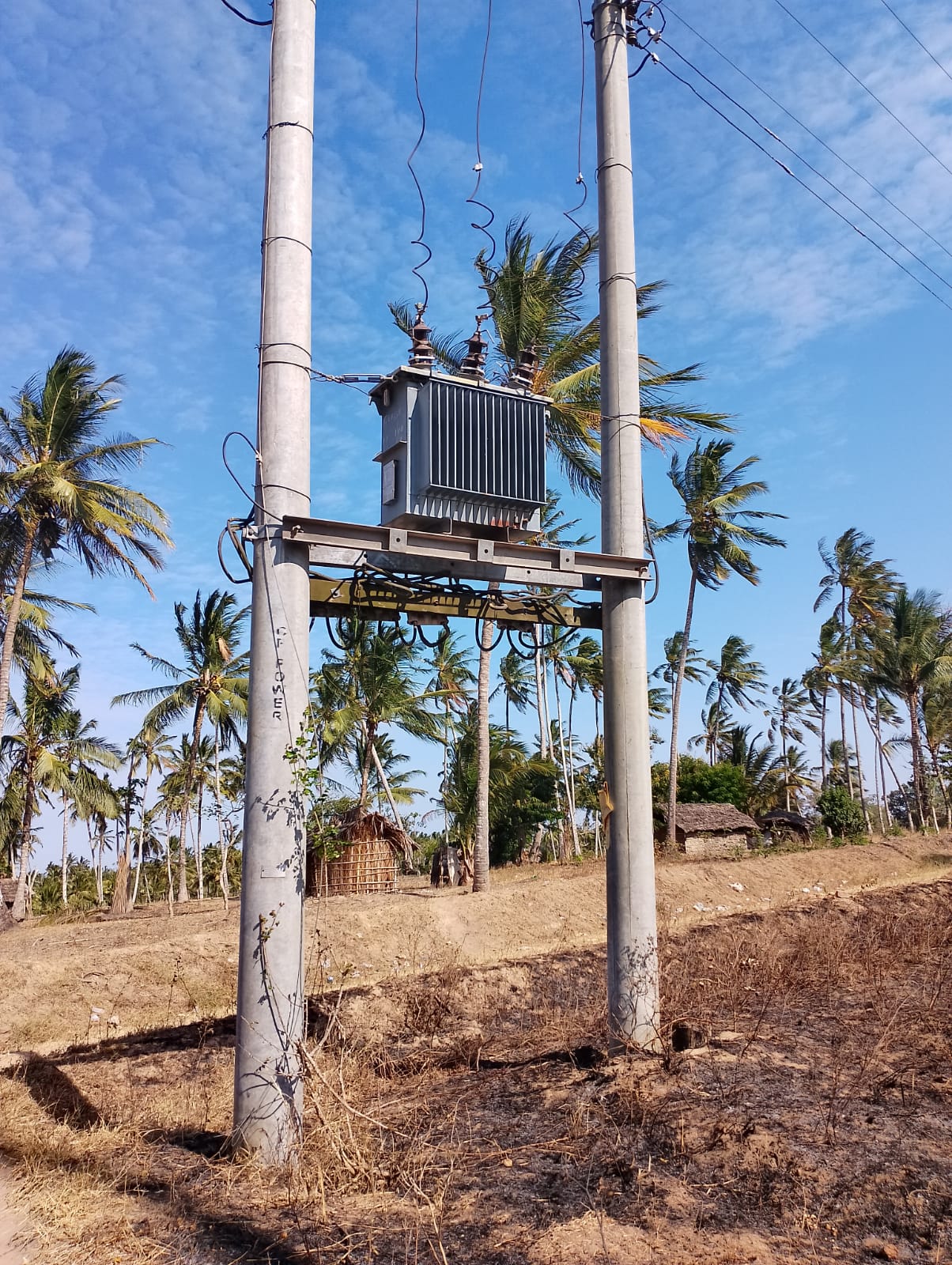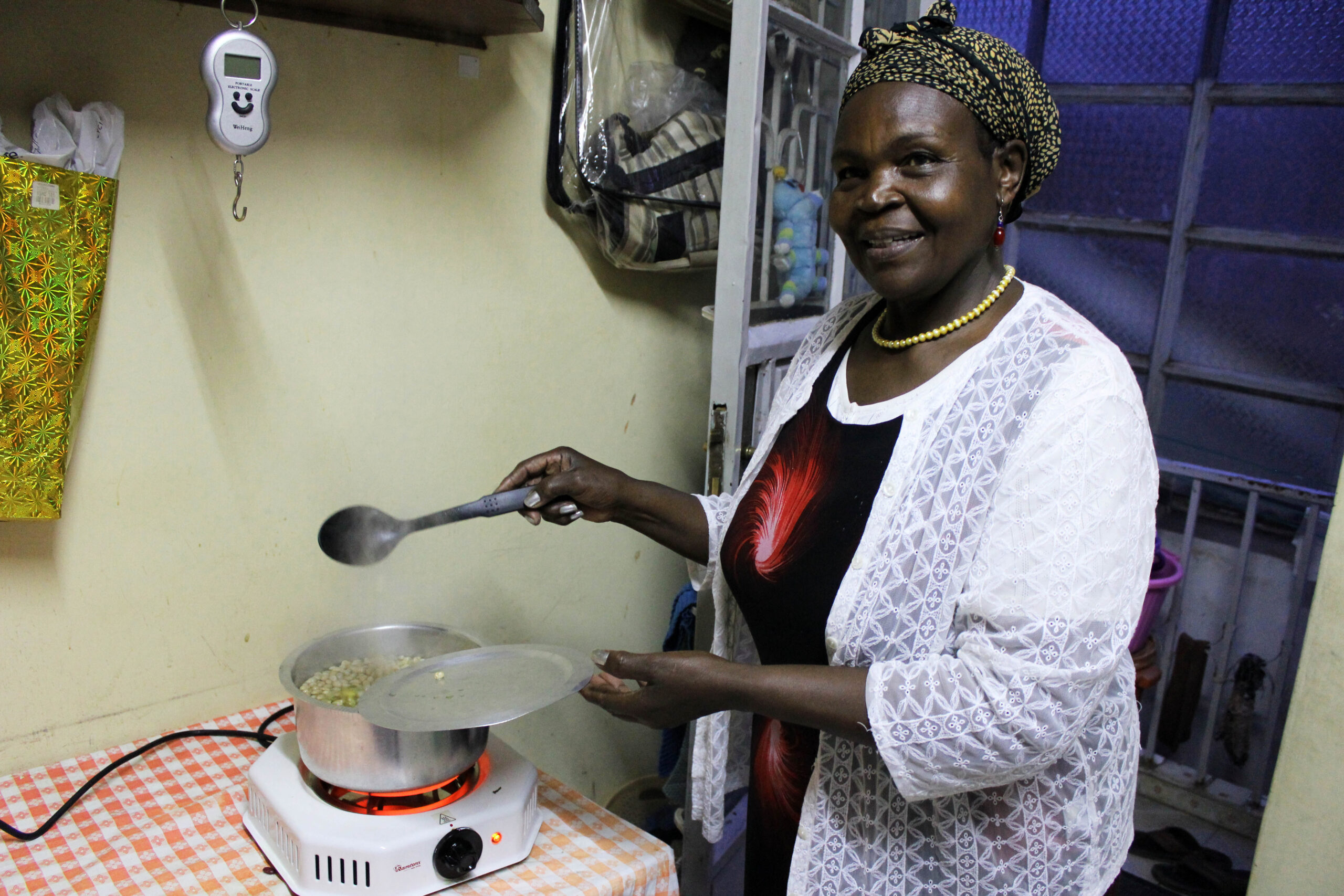project details
Integration of Centralised and Decentralised Energy Systems in Kenya: a Political Economy Analysis

Project Overview
In sub-Saharan Africa, Kenya is considered one of the frontier countries in developing long-term electricity planning, locally known as Least Cost Power Development Plans (LCPDP). The LCPDP process, in the now unbundled electricity sub-sector, navigates different stakeholder interests to find a compromise that aligns with national development plans. A review of this multi-stakeholder process reveals various power dynamics and inefficiencies resulting in part in high power prices, which provoked a presidential directive to renegotiate power purchase agreements.
This research investigated the factors contributing to the state of integrated energy systems planning in Kenya. The study focused on the integration of centralised and decentralised energy systems, specifically examining the role of governance structures and decision-making processes, power dynamics among various stakeholders and institutions, and the distributional impact of different policies.
A political economy approach was used to construct the framework for examining the energy system. This approach allowed the research to situate energy planning processes within Kenya’s broader social, political, and institutional context, paying attention to the interactions between actors with political and economic interests and the institutional arrangements that shaped the planning process and its implementation.
The project was part of workstream (WS) 5a, ‘Policies to Support CCG Investment’. WS5a applied a political economy lens to explore opportunities and barriers, decision-making contexts, and transition pathways that supported just transitions in CCG partner countries and beyond.

Methodologies
The following techniques were used to collect insights from the sector:
- Document analysis: We analysed key documents such as peer-reviewed literature, grey literature including legislation and industry reports, and media (both mainstream and social) to trace planning and decision-making processes in Kenya’s power sector.
- Key informant interviews with relevant individuals involved in energy planning in Kenya
Content analysis was used to elicit new insights on the existing governance structures and decision-making processes, institutional interests, values and norms in the power sector, incentive structures, political and economic conditions, and policy outcomes.
Outputs
Partners
UCL Institute for Sustainable Resources was the main partner in this project.
The project was funded by the Climate Compatible Growth (CCG) programme, an action-oriented research programme funded by the UK’s Foreign, Commonwealth and Development Office (FCDO) to support investment in sustainable energy and transport systems to meet development priorities in the Global South. CCG is aimed at generating robust and effective evidence, tools and frameworks on how countries in the Global South can best respond to the low-carbon transition, support growth aspirations and better meet the SDGs.
See More Projects
Physical Address
No. MK088, Ushindi West Avenue,
Mukuyu Rd (Mukuyu West Wing), Thome 1
Nairobi, Kenya
Organization
Subscribe for newsletter & get news, events and publications updates
Contact Us
Office Tel: (+254) 20 8009928 |
Mobile: (+254) 706 324 467
© 2026 Nuvoni Research






